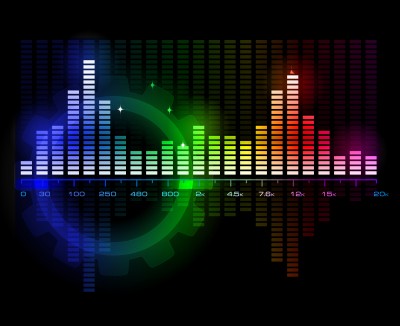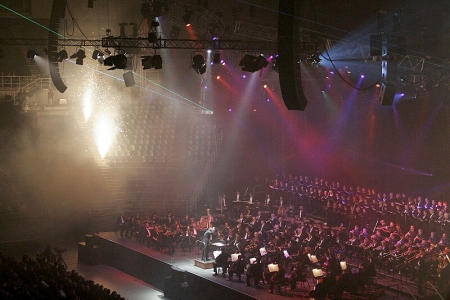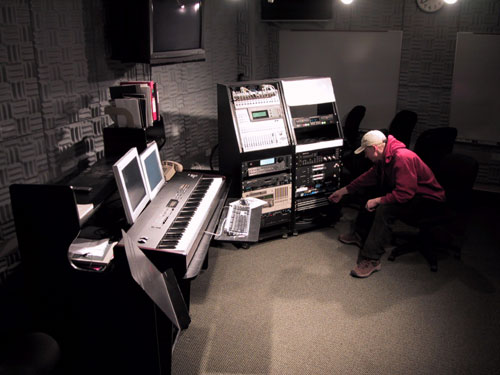accessible form
In the power of music
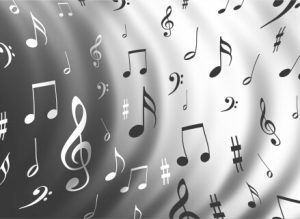 Music has accompanied man since prehistoric times. The joy of prey, a successful hunt, the challenge of the rain was accompanied by ritual sounds (a skull filled with dry berries or a gong prototype could be used as a musical instrument), such was primitive music.
Music has accompanied man since prehistoric times. The joy of prey, a successful hunt, the challenge of the rain was accompanied by ritual sounds (a skull filled with dry berries or a gong prototype could be used as a musical instrument), such was primitive music.
Thousands of years passed, musical instruments underwent significant changes, folk music (folklore) developed, words were added to it, many works survived to our days, passed down from generation to generation. Music is eternal, and the development of mankind without it is unthinkable. Continue reading
Ensemble
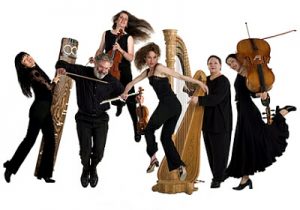 Ensemble – means the joint performance of a piece of music by several participants or a piece of music for a small number of performers; A favorite type of music since ancient times. In accordance with the number of performers (from two to ten), the ensemble is called a duet, trio (tertset), quartet, quintet, sextet, septet, octet, nonet or decimet – by the Latin name of the numbers. As independent works, ensembles belong to the field of chamber music, but also belong to operas, oratorios and cantatas. VIA (vocal – instrumental ensembles) were common in Russia in the seventies.
Ensemble – means the joint performance of a piece of music by several participants or a piece of music for a small number of performers; A favorite type of music since ancient times. In accordance with the number of performers (from two to ten), the ensemble is called a duet, trio (tertset), quartet, quintet, sextet, septet, octet, nonet or decimet – by the Latin name of the numbers. As independent works, ensembles belong to the field of chamber music, but also belong to operas, oratorios and cantatas. VIA (vocal – instrumental ensembles) were common in Russia in the seventies.
The story tells us one of the possible ways to form an ensemble: another instrumental “voice” joins the poetic tune of the shepherd’s horn, he timidly searches for his way and finds it, wrapping the melody of the first performer with expressive ornament of sound lace that does not interfere with listening to this tune , as if emphasizing inventive finds. Continue reading
Overture
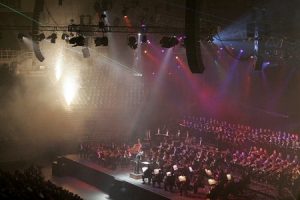 Overture in music is an instrumental (usually orchestral) piece, performed before the beginning of any performance – a theatrical performance, an opera, a ballet, a movie, etc., or a one-part orchestral work, often belonging to program music.
Overture in music is an instrumental (usually orchestral) piece, performed before the beginning of any performance – a theatrical performance, an opera, a ballet, a movie, etc., or a one-part orchestral work, often belonging to program music.
Overture prepares the listener for the upcoming action.
The tradition to announce the beginning of the presentation with a brief musical signal existed long before the term “overture” entrenched itself in the work of French and then other 17th century European composers. Continue reading
